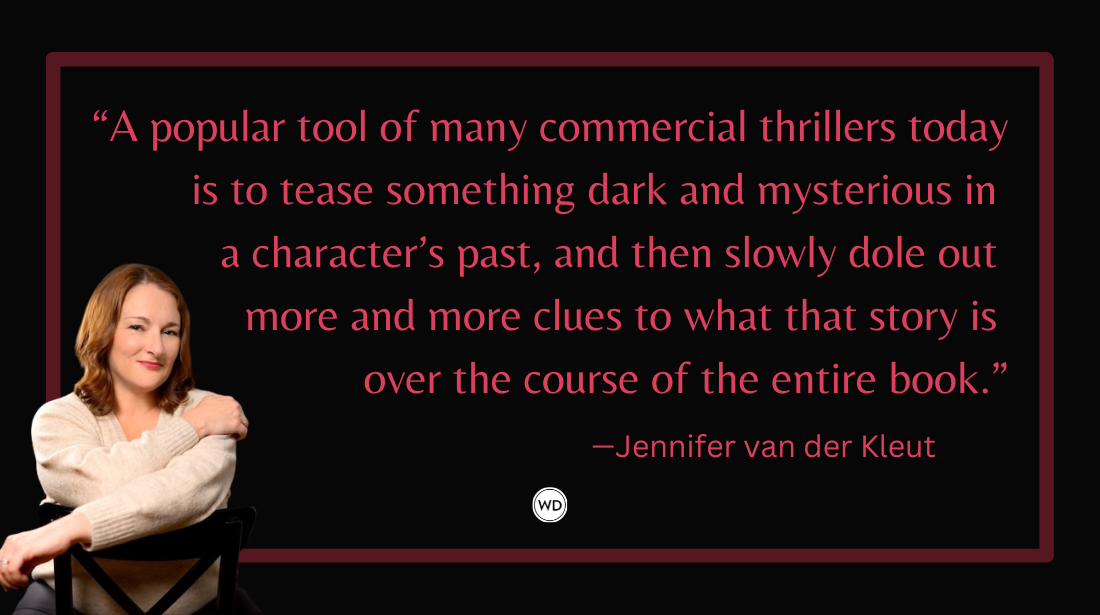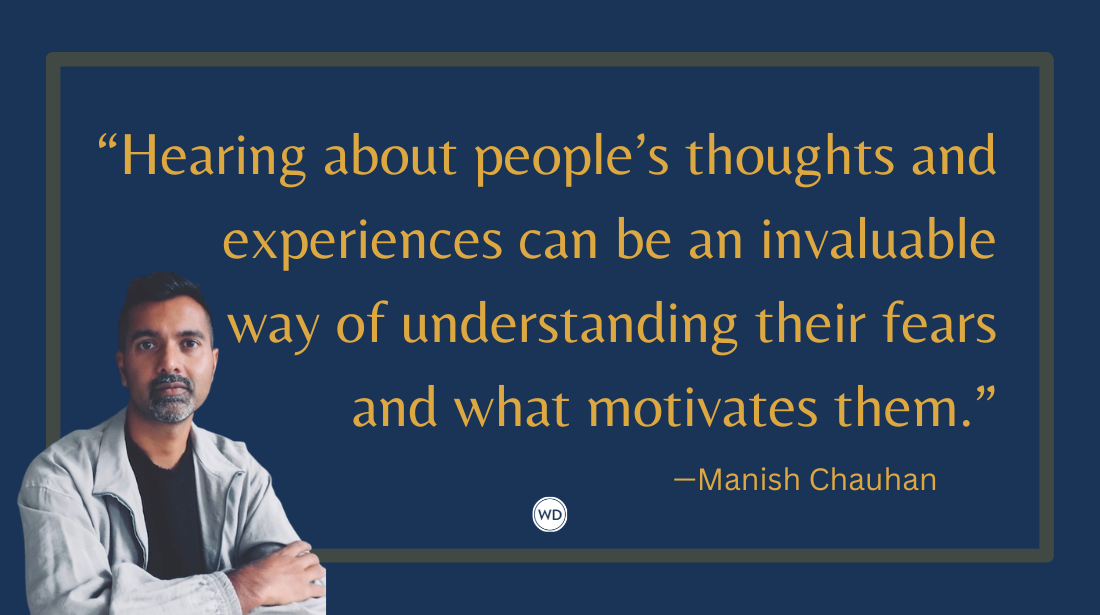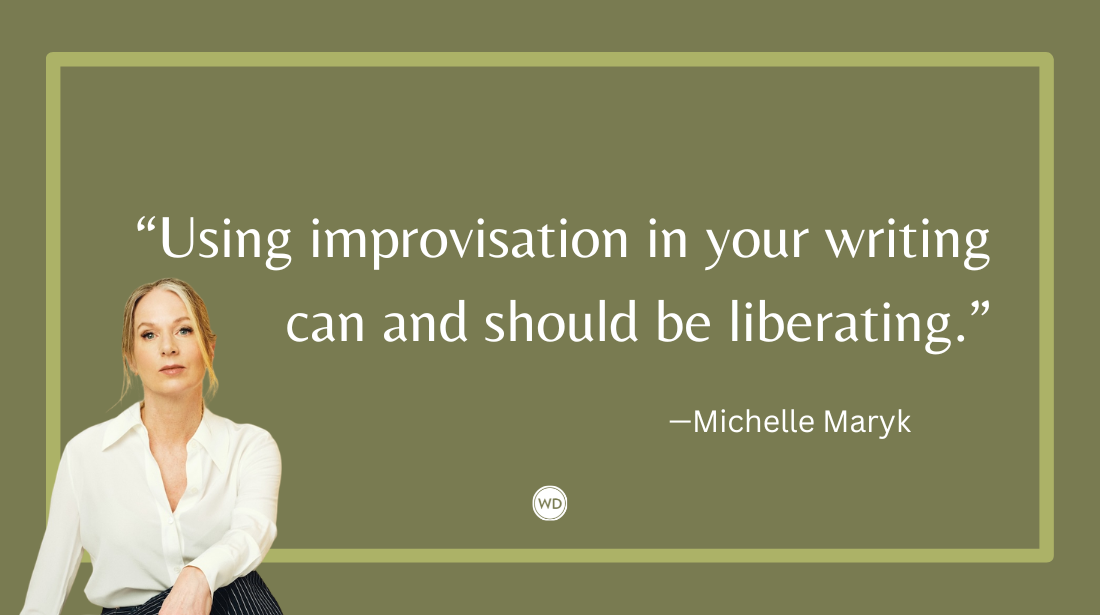Subjunctive vs. Indicative Mood (“If I Was” or “If I Were”?)
In this post, Brian A. Klems looks at the difference between the indicative mood and the subjunctive mood (“if I was” vs “if I were”) and when writers should use each.
Q: Could you explain the difference between the indicative mood and the subjunctive mood, and when to use the subjunctive mood? It’s so seldom used correctly that it leaves me scratching my head. When in doubt, should I err with “If I was” or “If I were”?
—Lori McRae
A: Statements of fact require the indicative mood. The indicative verb form follows the usual grammar rules: singular noun, singular verb; plural noun, plural verb. He was president. She owns garden gnomes.
The subjunctive mood is used to express any hypothetical wish, suggestion, situation or condition instead of stating a fact. If I were president—which I’m not—I’d give garden gnomes the right to vote.
As you can see, the verb form changes for subjunctive sentences. Typically, a singular noun or pronoun, such as “I,” “he” or “she,” would require a singular verb like “was,” but the subjunctive mood has atypical verb forms (which are vestiges of Old English).
The present tense of the subjunctive uses only the base form of the verb—I demanded that I be switched to a class with less rigorous standards. The past tense of the subjunctive has the same forms as the indicative except for the verb “to be,” which uses “were” regardless of the number of the subject. I wish I were able to climb down chimneys like Santa. But if Santa were here, he’d envy my 32-inch waist.
*****
No matter what type of writing you do, mastering the fundamentals of grammar and mechanics is an important first step to having a successful writing career.
Brian A. Klems is the former Senior Online Editor of Writer’s Digest, and author of Oh Boy, You’re Having a Girl (Adams Media/Simon & Schuster). Follow him on Twitter @BrianKlems.









